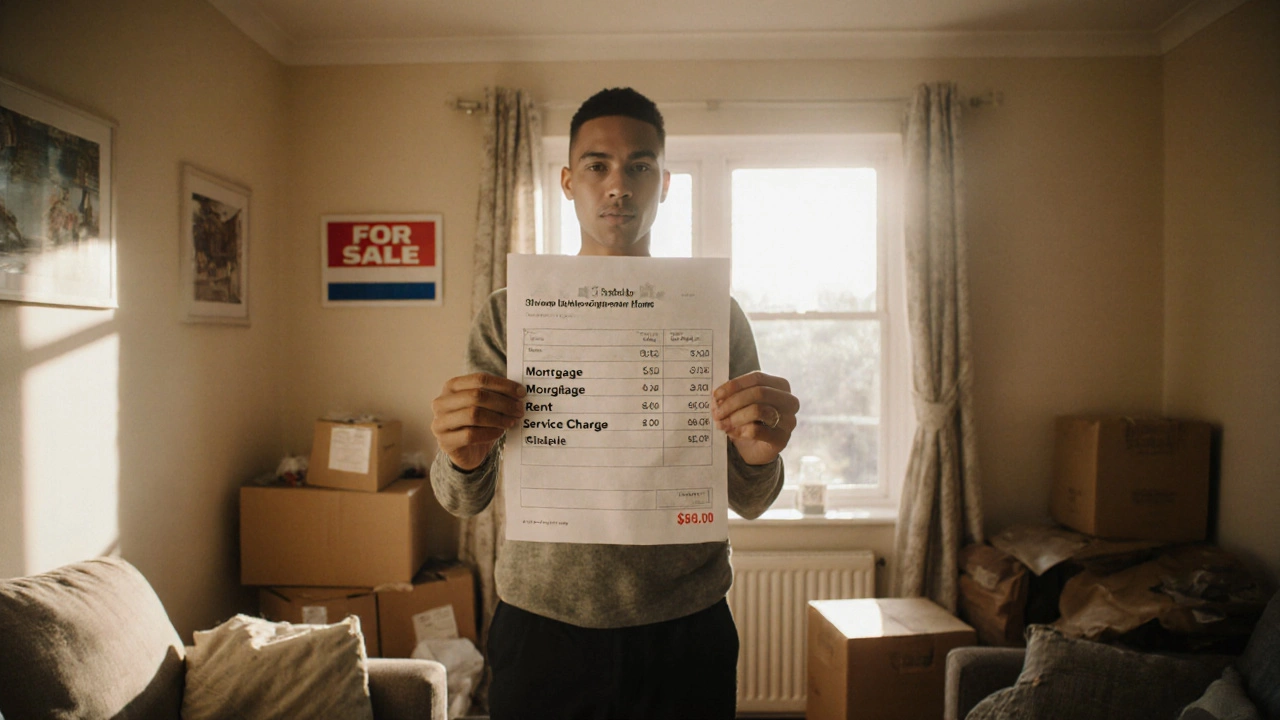Shareholder Payments Explained: What You Need to Know
When you hear shareholder payments, cash distributions made to people who own a portion of a company or property investment vehicle. Also known as dividends, these are how owners get a return on their stake—whether it’s in a stock, a real estate fund, or a shared ownership scheme. This isn’t about getting paid to work. It’s about getting paid because you own a piece of something valuable.
Many people think equity ownership, holding a legal share in an asset like a home or rental business means you just wait for the property to go up in value. But if that asset is managed by a company or trust, you might also get regular cash back. That’s a shareholder payment, a portion of profits distributed to owners based on their shareholding. Think of it like rent from your own property—except instead of tenants paying you directly, a manager collects rent, pays bills, and sends you your cut.
These payments aren’t guaranteed. If the property doesn’t make money, or if costs go up, the payout drops—or disappears. That’s why understanding how the investment is structured matters. Some shared ownership models, like those tied to housing associations or property development funds, do make these payments. Others, like buying a flat outright, don’t. The difference? Control. If you’re a shareholder in a company that owns multiple rentals, you’re one of many owners sharing the profits. If you own your home alone, you keep every pound of rent—no middleman, no split.
People often confuse property investment, buying real estate to generate income or capital growth with just owning a home. But if you’re part of a group that buys a block of flats together, or invests in a fund that owns rental buildings, you’re not just a homeowner—you’re a shareholder. And that means you could see payments come in quarterly or yearly. These aren’t bonuses. They’re your slice of the income stream.
Not every property deal offers this. Most first-time buyers don’t even know it’s possible. But if you’re looking at shared ownership schemes, co-op housing, or real estate investment trusts (REITs), shareholder payments are part of the picture. They can help cover your mortgage, pay for maintenance, or just give you extra cash without selling anything. The key is knowing if the structure you’re signing up for actually pays out—and how often.
You’ll find posts here that explain how shared ownership works, what happens when you own just part of a home, and how legal ownership affects your chances of getting paid. Some people get confused because they think owning a share means they own a room. It doesn’t. It means they own a percentage of the whole. And that percentage? It could mean a check in the mail.
What you’ll find below are real breakdowns of how these systems work—what’s hidden in the fine print, where the money comes from, and how to tell if a deal actually puts cash in your pocket. No theory. No fluff. Just what you need to know before you sign anything.
